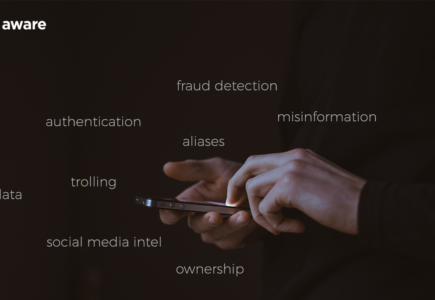Non-fungible tokens (NFTs) have made headlines for their jaw-dropping sales often reaching into the millions. But behind the hype lies a growing need for legal clarity. As NFTs gain mainstream traction, more individuals and companies are seeking ways to protect their digital assets through intellectual property (IP) law. Navigating NFT intellectual property law can be complex.
Understanding how NFTs intersect with copyright, trademarks, and patents is essential for anyone creating, buying, or selling digital content. It’s not just about what an NFT is – it’s about what you actually own when you purchase one.
What Are NFTs, Really?
An NFT is a unique digital asset stored on a blockchain. Unlike cryptocurrencies like Bitcoin or Ethereum, NFTs are not interchangeable. They’re one-of-a-kind. Think of them as a digital certificate of authenticity that can represent anything from artwork to real estate deeds to social media posts.
Each NFT includes two important components:
-
Smart contracts: Self-executing code that defines how the NFT functions (e.g., royalty payments on resale).
-
Metadata: Details that identify the NFT’s origin, ownership history, and sometimes a link to the underlying asset.
Legal Protections—and Legal Gaps
Despite their technological sophistication, NFTs live in a legal gray area. One of the most common misconceptions is that buying an NFT gives you full ownership of the content it represents.
This is almost never the case.
Even if you own an NFT, you may not have exclusive access to the content it represents. Unless explicitly stated in a smart contract or separate agreement, the buyer does not gain rights to reproduce, modify, or license the associated digital content.
Example: Jack Dorsey’s first tweet was sold as an NFT for $2.9 million in 2021. The tweet is still publicly viewable—and Twitter, not the NFT buyer, retains all IP rights.
Trademark and Copyright Considerations
As more NFT creators enter the marketplace, legal protections are becoming more critical:
-
Buyers should verify whether their NFT includes rights to use or resell the underlying content.
-
Creators must avoid infringing on protected content (e.g., using copyrighted music or logos without permission).
Much like song samples, creators can only duplicate content within the limits of fair use. Fair use protections are narrow—and don’t apply just because something is tokenized.
Smart contracts protect creators by automatically paying royalties with each resale. But these contracts only enforce what’s coded into them—they don’t replace traditional IP rights.
Cybercrime Risks
NFTs may be built on secure blockchain technology, but they’re not immune to theft. The most common threats include:
-
Phishing attacks: Hackers gain access to user wallets.
-
Brute force attacks: Compromising private keys or passwords.
-
Impersonation: Selling counterfeit NFTs by impersonating real artists or brands.
Without clear legal ownership rights, recovering a stolen NFT—or enforcing IP claims—can be difficult.
Why It Matters for Legal Professionals
As NFTs evolve, attorneys working in IP, entertainment, and tech law must be prepared to advise clients on:
-
What rights are included in NFT purchases
-
How to enforce or defend against IP claims in digital spaces
-
The implications of smart contracts and blockchain metadata in legal disputes
How SMI Aware Helps
At SMI Aware, we help our clients discover, analyze, and preserve information from social media and the web—an increasingly critical need in cases involving digital assets like NFTs. Our in-house analysts use proprietary software to gather data objectively and ethically. Each report is independently verified and defensible, providing clarity in cases where ownership and authenticity matter most.
Contact us to learn more about integrating social media discovery into your legal practice.




